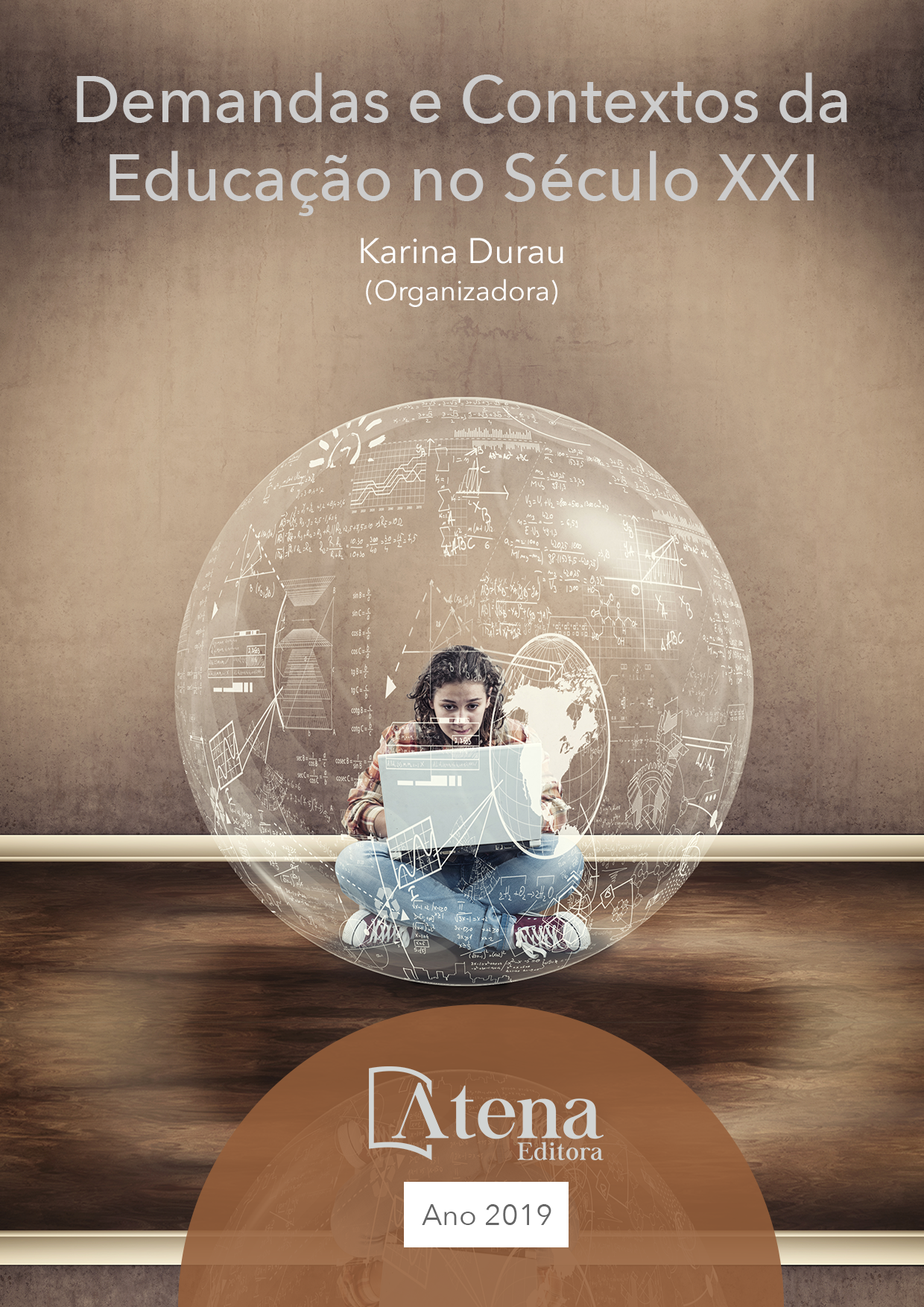
A ORGANIZAÇÃO DA ESCOLARIDADE EM CICLOS NA EDUCAÇÃO DE JOVENS E ADULTOS E O DIREITO À EDUCAÇÃO: DESAFIOS E PERSPECTIVAS
O artigo dispõe-se a refletir sobre
a formação do estudante de EJA, do ensino
fundamental, tendo como foco a organização da
escolaridade em ciclos para esta modalidade,
considerando a necessária superação dos
pressupostos excludentes da educação
tradicional, a flexibilização dos tempos e
espaços escolares e a participação dos sujeitos
envolvidos no planejamento deste processo,
bem como a problematização da construção
da proposta curricular e avaliativa nesta
perspectiva. Busca-se dialogar com alguns
pressupostos que amparam a o viés curricular
para esta modalidade, onde se busca superar a
visão de suplência; trazer o tema trabalho como
um princípio educativo; compreender a relação
entre um currículo intercultural e a perspectiva
de uma educação ao longo da vida. Busca-se
refletir sobre a necessidade de romper com
os parâmetros do ensino tradicional para esta
modalidade, compreendendo a mesma dentro
de sua diversidade, pluralidade. Concluise
pela defesa da necessária participação
dos estudantes da EJA neste processo de
organização da escolaridade em ciclos; e
pela defesa de uma construção efetiva de
organização escolar que seja instrumento para
uma formação plena, dentro da perspectiva de
educação emancipatória.
A ORGANIZAÇÃO DA ESCOLARIDADE EM CICLOS NA EDUCAÇÃO DE JOVENS E ADULTOS E O DIREITO À EDUCAÇÃO: DESAFIOS E PERSPECTIVAS
-
DOI: 10.22533/at.ed.82719040218
-
Palavras-chave: Educação de Jovens e Adultos (EJA); Ciclos; Políticas Públicas.
-
Keywords: Young and Adult Education (EJA); Cycles; Public politics.
-
Abstract:
The article aims to reflect on the
formation of the EJA student, from elementary
school, focusing on the organization of
schooling in cycles for this modality, considering
the necessary overcoming of the exclusionary
presuppositions of traditional education, the
flexibilization of the times and school spaces
and the participation of the subjects involved
in the planning of this process, as well as
the problematization of the construction of
the curricular proposal and evaluation in this
perspective. It is sought to dialogue with some
assumptions that support the curricular for
this modality, where it is sought to surpass the
vision of substitution; bring the theme work
as an educational principle; understand the
relationship between an intercultural curriculum
and the perspective of lifelong education. It
seeks to reflect on the need to break with the
parameters of traditional teaching for this
modality, understanding the same within its
diversity, plurality. It concludes by defending the
necessary participation of EJA students in this
process of organizing schooling in cycles; and
for the defense of an effective construction of
school organization that is instrument for a full formation, within the perspective of
emancipatory education.
-
Número de páginas: 15
- Regina Aparecida Correia Trindade


